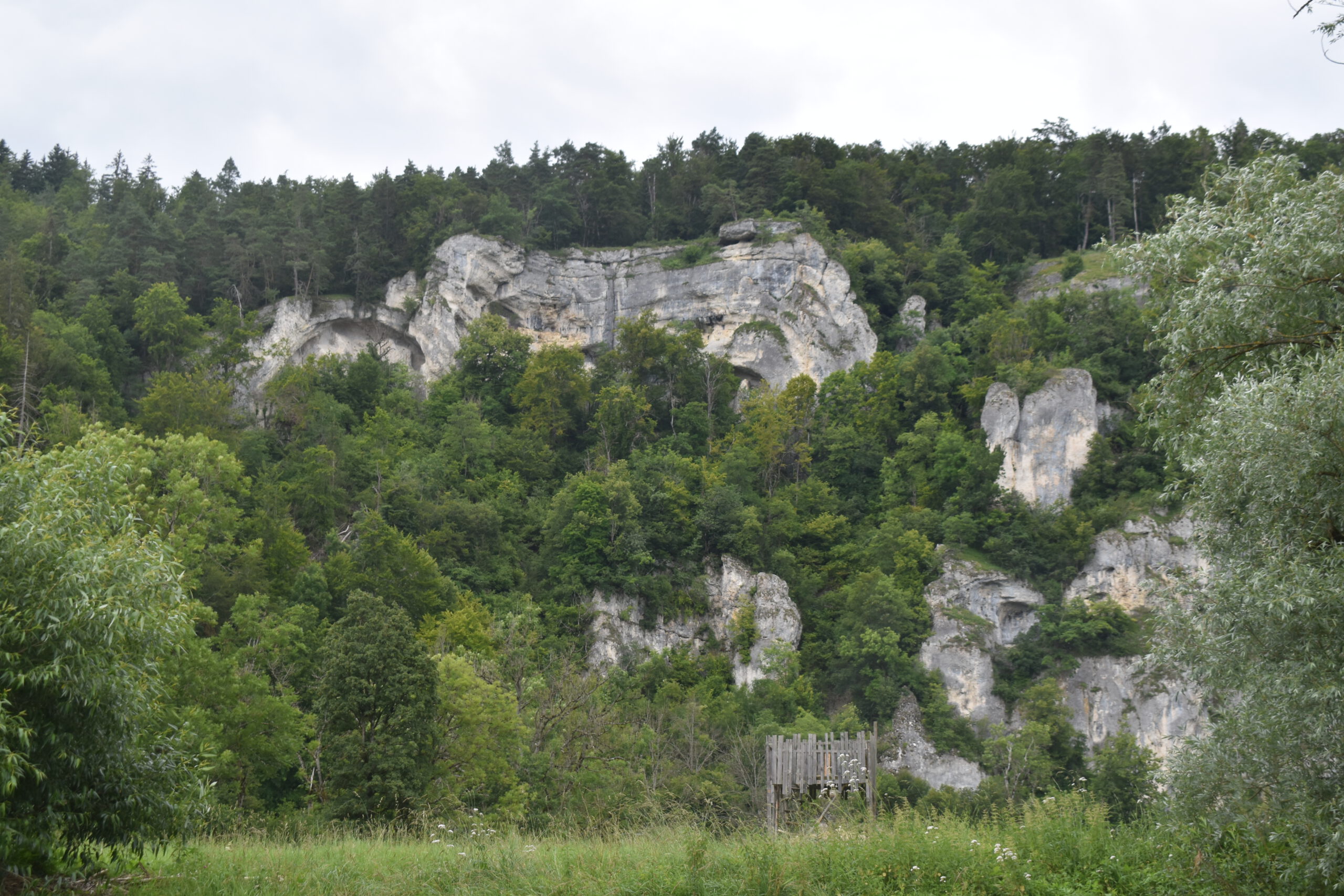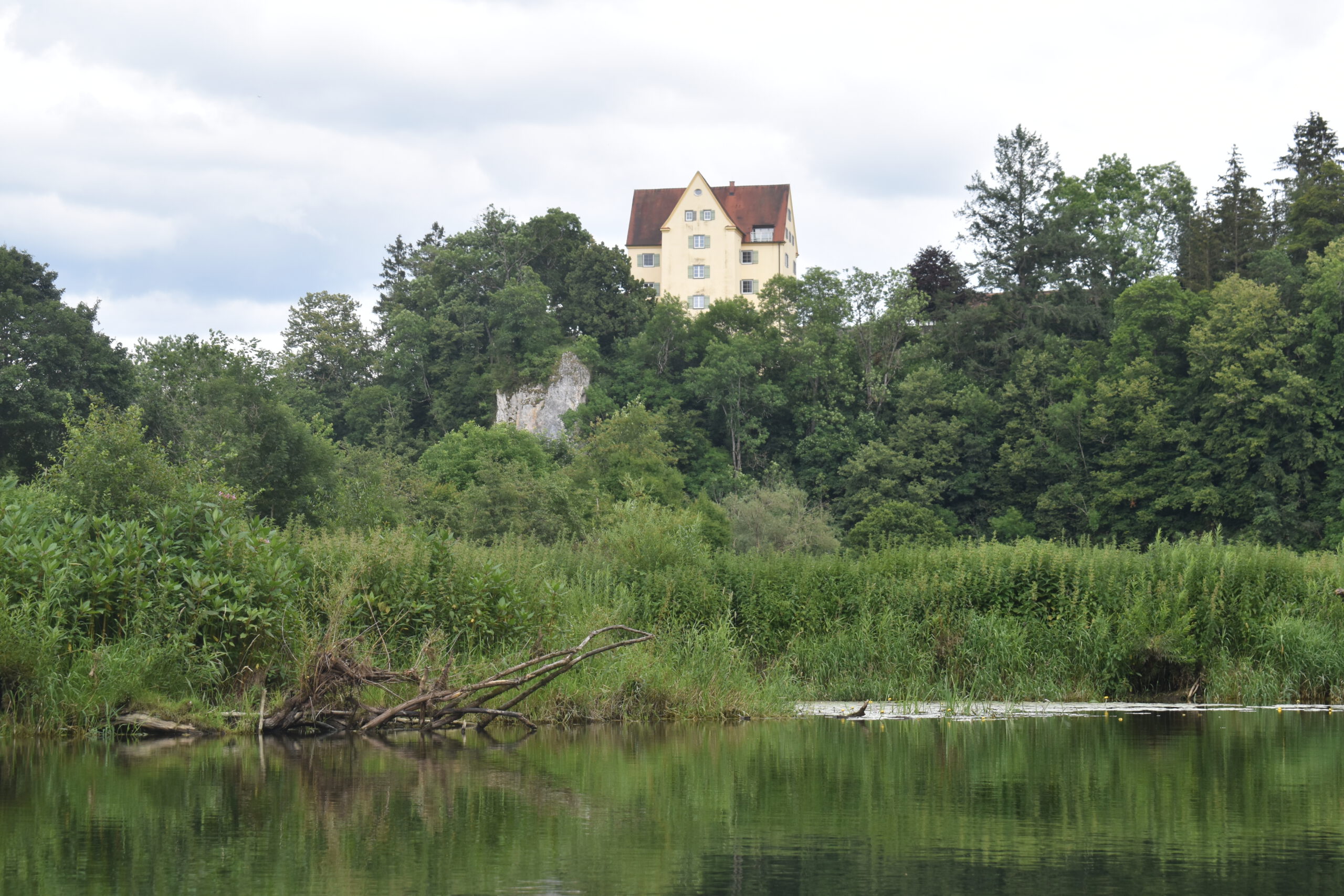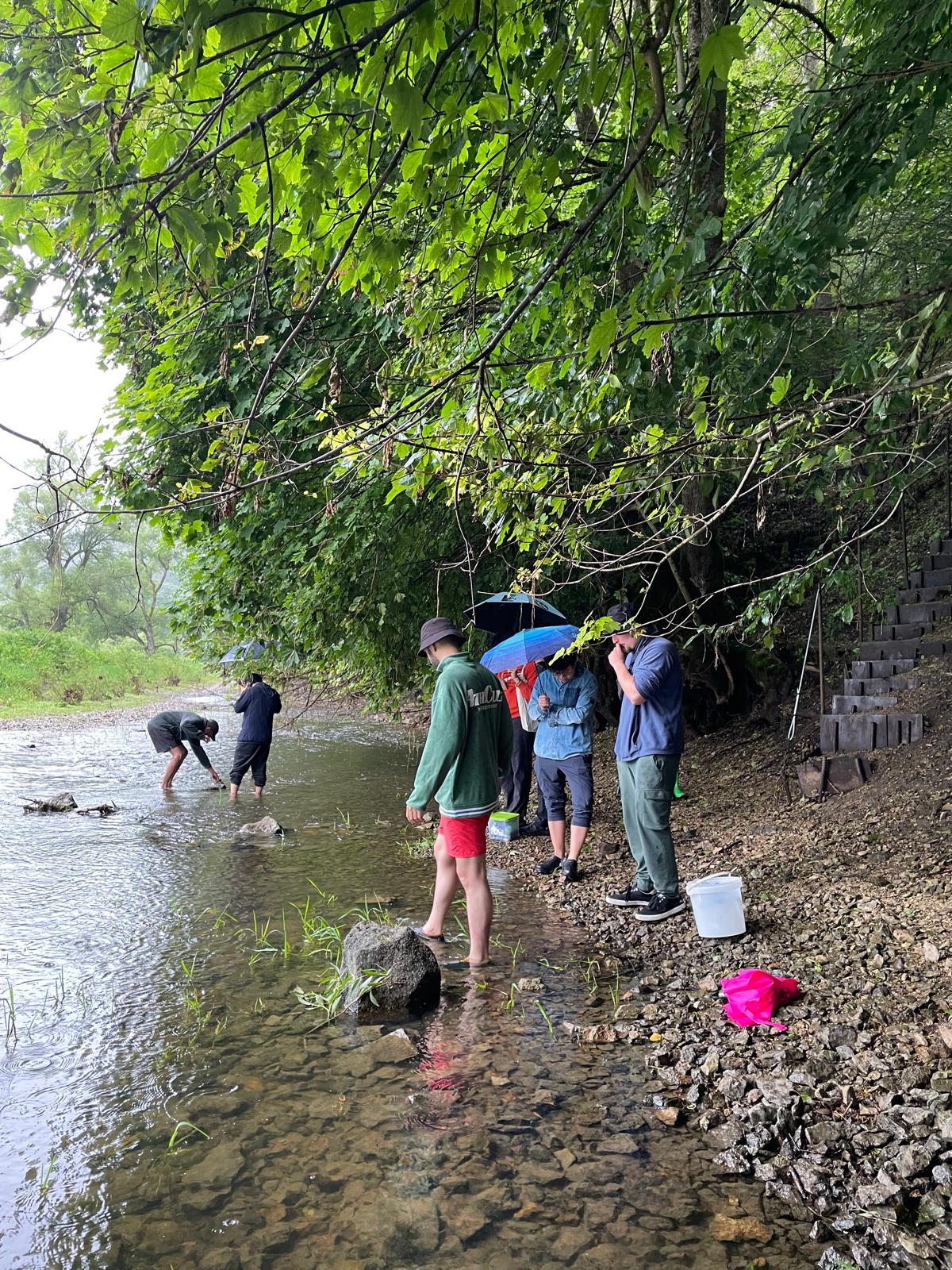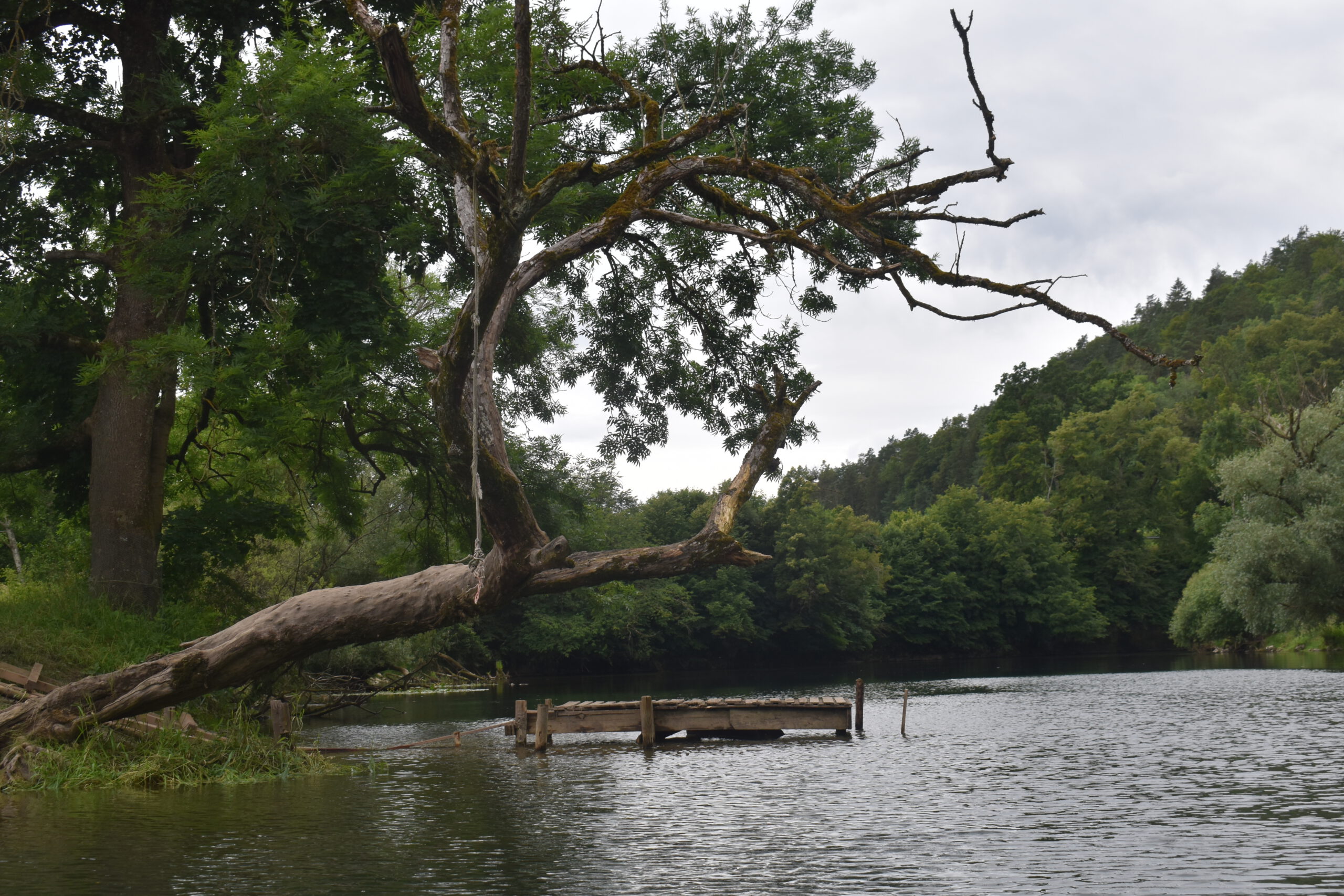Origins of STREAM
The Danube's Vital Role
The STREAM Project was conceived to address the pressing environmental challenges facing the Danube River, a vital waterway that traverses ten countries and supports over 100 million people.
Pollution and climate change pose significant threats to the river’s health, necessitating urgent action to preserve its ecological and cultural significance.
Our initiative emphasizes the critical need for water conservation, aiming to foster a sustainable future for the Danube and its surrounding communities.
Raising Awareness for a Vital Resource
In 2022, the CleanDanube project, funded by the Baden-Württemberg Foundation in 2022, highlighted the alarming levels of microplastic pollution in the Danube River. This initiative emphasized the urgency of protecting vital water resources, particularly in the face of climate change and global water scarcity. Beyond environmental education, efforts are needed to foster a deeper appreciation of the Danube’s cultural and natural significance, encouraging sustainable behaviors and a stronger connection to this iconic waterway.

A Multidisciplinary Approach to Water Protection

The project thus follows the STEAM approach, in which the STEM subjects (science, technology, engineering, mathematics) are supplemented by arts.
The artistic approach draws attention to the Danube’s sound environment and uses music and sound recordings at various stations in Germany, Austria, Hungary and Serbia to trace similarities and differences in the river’s soundscape. The Danube thus becomes a cross-border listening experience that is made accessible to the public via a digital knowledge platform.
The scientific approach focuses on researching the water quality of the Danube and communicating science to the general public. By taking water samples, current data on the water quality and pollution of the Danube is collected, which is communicated to the project target groups as part of various measures (including integration of the results into the digital knowledge platform).
Four stations in the Danube states involved in the project are to be visited as part of the project: Donaueschingen, Vienna, Pécs and Novi Sad.
Audio recordings of the Danube’s music and sound environment will be made in each of the cities, and water samples will be taken from the river water and analyzed. In cooperation with the partner universities at the respective locations, one-day information events are also offered to the urban public for environmental education about the Danube.
Through information materials, hands-on experiments and discussions with experts from SRH University Heidelberg and the partner universities, interested members of the public will learn more about the sound of the river and the relevance of environmental and water protection.
This is where the STREAM project comes in, which is being carried out by the SRH University of Applied Sciences Heidelberg in cooperation with the University of Novi Sad (UNS, Serbia), the University of Pécs (UoP, Hungary) and the Music and Arts University of the City of Vienna (MUK).
The transnational project focuses on the Danube along its course from Germany via Austria and Hungary to Serbia, with the overarching aim of making an environmentally and culturally sensitive contribution to water protection.
To this end, two different approaches are chosen and combined in the project: an auditory artistic and a scientific approach.
Based on the data collected (audio recordings, water samples), a digital knowledge platform with a sound map of the Danube will be created in the further course of the project, which will be freely accessible and depict the recorded sounds as well as the results of the water analyses of the Danube. In addition, various teaching/learning materials for environmental education about the Danube will be produced, some of which will be made available to the public online and some as print products.
To support the sustainable impact of the project, a capacity building workshop will be held at the SRH University Heidelberg. Representatives of civil society organizations and environmental associations from the countries involved in the project who are committed to water as a resource will be invited to a hybrid workshop to enable them to network transnationally and to train them in the dissemination of environmental education and the use of the newly developed materials. In this way, the project will also have a multiplier effect beyond the project period and can have a lasting impact on education and commitment in the Danube countries involved.

Artistic Approach
Exploring the Danube’s soundscape to foster cross-border cultural connections.
Scientific Approach

Conducting comprehensive water quality research and sharing findings innovatively.

